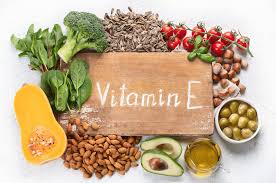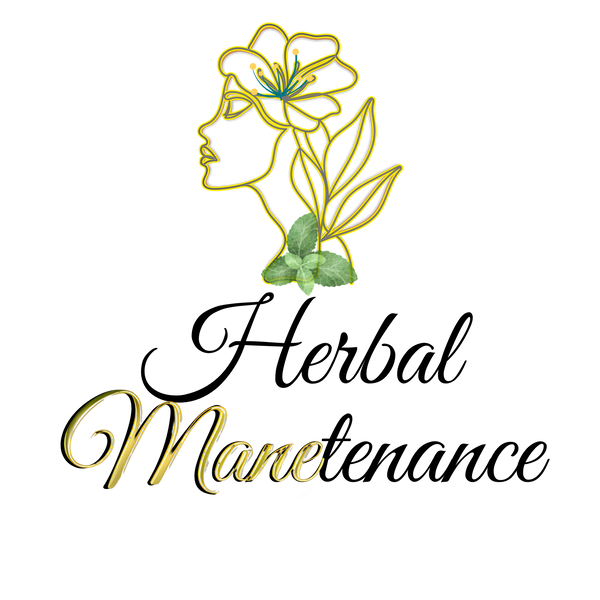Herbal Manetenance Ingredients
Vitamin E
Vitamin E
Tocopherol
Composition
Composition
Vitamin E ingredients primarily include various forms of tocopherols, which are the main compounds of Vitamin E. These include alpha, beta, gamma, and delta tocopherols, and their esters like tocopheryl acetate.
- Alpha-tocopherol:This is the most biologically active form of Vitamin E and the form that is most commonly found in supplements and foods.
- Beta, Gamma, and Delta-tocopherols:These are also part of the Vitamin E family and can be found in certain foods and some supplements, according to the Healthline.
- Tocopheryl acetate:This is a synthetic form of Vitamin E where the alpha-tocopherol has been esterified with acetic acid. It is used in some cosmetic products.
Origins
Origins
Vitamin E was discovered by Herbert McLean Evans and Katharine Scott Bishopin 1922 at the University of California, Berkeley.They identified the vitamin as a factor necessary for reproduction in rats.Evans and Bishop named the vitamin "tocopherol" from the Greek words "tokos" (childbirth) and "phero" (to bear).
The primary sources of vitamin E arevegetable oils, nuts, and seeds.Wheat germ oil, sunflower oil, and safflower oil are particularly good sources, along with almonds, peanuts, and sunflower seeds.Some fruits and vegetables, like avocados and mangoes, also contain vitamin E.
Did you know?
Did you know?
Vitamin E can help fight infections by supporting the immune system and acting as an antioxidant.
Vitamin E has been shown to enhance the effects of some antibiotics by interfering with bacterial mechanisms that lead to antibiotic resistance.
Share

Collapsible content
HAIR BENEFITS
- Antioxidant Properties:Vitamin E neutralizes free radicals and reduces oxidative stress, which can damage hair follicles and lead to hair loss or thinning.
- Improved Scalp Circulation:By promoting blood flow to the scalp, Vitamin E helps deliver more oxygen and nutrients to hair follicles, potentially stimulating hair growth and making it stronger.
- Moisturizing and Hydrating:Vitamin E helps lock in moisture, preventing dryness and making hair less prone to breakage and split ends.
- Scalp Health:It can soothe and hydrate the scalp, balancing oil production and helping to prevent irritation and inflammation.
- Hair Strength and Shine:Vitamin E can help strengthen hair follicles and shafts, making hair less susceptible to damage and adding shine.
- Protection from Damage:Vitamin E can help protect hair from external factors like heat, chemicals, and UV damage by forming a protective layer on the hair shaft.
SCALP / SKIN BENEFITS
- anti-inflammatory agent in the skin
- prevention of inflammatory damage after UV exposure
- topical vitamin E can reduce UV-induced skin swelling, skin thickness, erythema, and edema— all signs of skin inflammation
- It can help to alleviate dryness and itchiness associated with scalp conditions like dandruff.
- Vitamin E helps protect the scalp and hair from damage caused by free radicals and oxidative stress.

